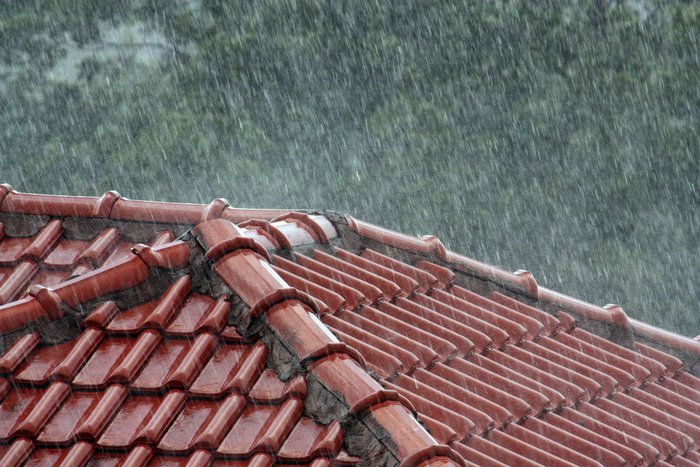Across the land: Harvesting monsoon bounty

PHUKET: Those of us who have lived in a tropical country nearly all our lives tend to take rain for granted. We regularly forget that it’s the rain that keeps the plants a lush green, while also providing for our everyday water-usage needs.
My grandmother used to collect rainwater in big Chinese urns in the garden. She would use the water for the plants in her gardens.
Rainwater harvesting throughout Asia dates back to the 9th or 10th centuries. Nowadays, there are more sophisticated methods of rain water collection available to use.
For those homeowners who are more ecologically aware, it all starts with the catchment of rainwater from their rooftops, which gets piped down to a collection tank. Here, the water is filtered and recycled.
Recycled water is then used to water plants in the gardens, flush toilets and so on. It is also possible to install a fine filter and use the recycled water in a washing machine, as well as in sinks and showers, though it is advisable to sterilize the rainwater using a chlorine dosage pump.
In Phuket, despite officials’ statements to the contrary, there always seems to be a shortage of freshwater during the dry season. Due to this, more and more home owners on the island are starting to practice rain harvesting to supplement ground water sources.
In addition to ground water sources, another common way homeowners have been getting water is by buying it from water trucks, which is an expensive practice.
The going rate for a truck load of water containing about 12,000 liters is 800 baht. During the high season, the demand for trucked water is very high, as many hotels, villas and developments are running at nearly full occupancy, pushing water consumption way up.
However, this water is being sourced from lakes and ponds all over the island, and still needs to be filtered before use.
Rainwater harvesting can offer substantial savings for homeowners. However, someone pointed out to me that such practices were illegal in some areas in the United States.
The regulations about rainwater in the US focus on the fact that the rainwater falling from the sky onto private land does not make it the homeowner’s property.
In several states, rainwater harvesting requires a permit to ensure that the harvesting equipment does not affect groundwater or infringe on others’ legal rights to the water.
Looks like those of us out here in Asia will not have the same problems as the US, as we can freely harvest rainwater off our roofs anytime – assuming there is rain falling.
— Amy Koh
Latest Thailand News
Follow The Thaiger on Google News:


























